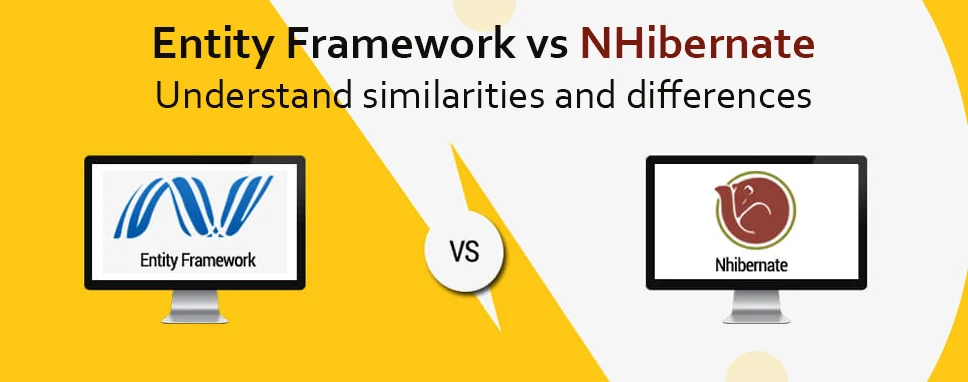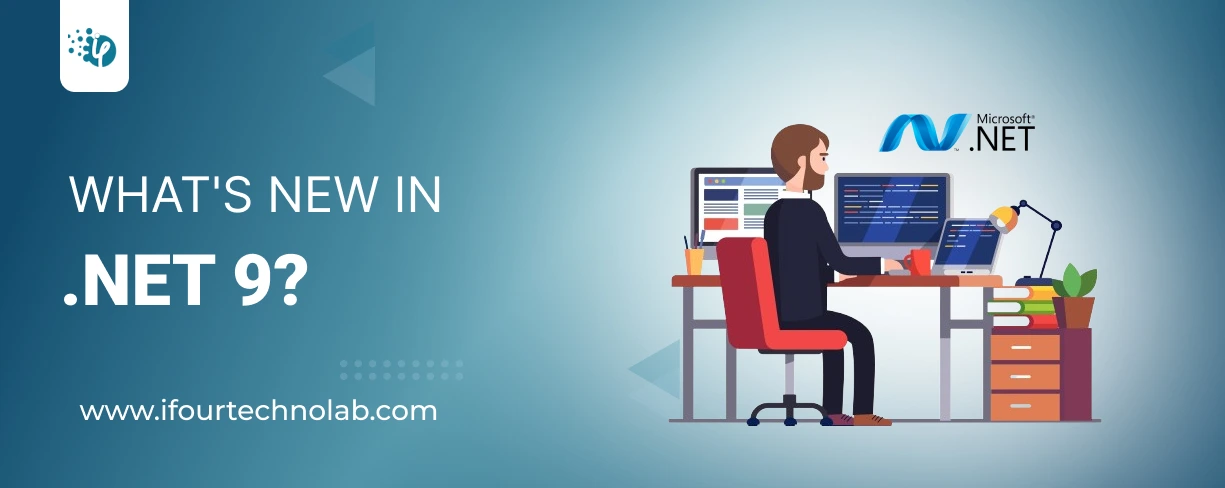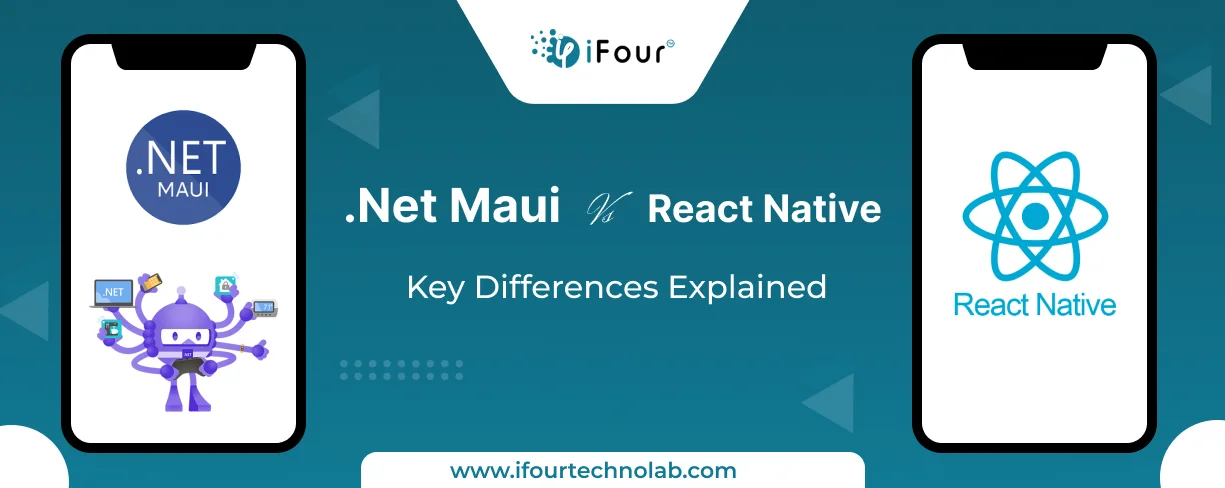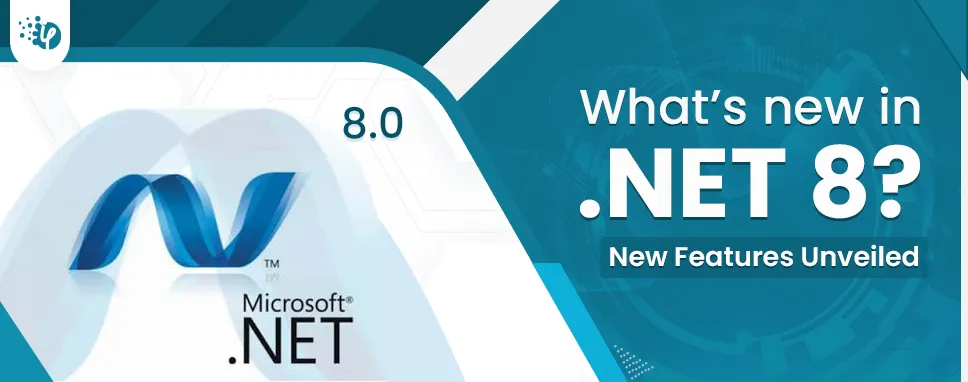Entity Framework
Version 1 -> Version 1 was released with .Net 3.5 service pack1 and provide support for model-first and database first workflow.
Version 4 ->Version 4 was released with .Net 4 and provide support for lazy loading, self-tracking, Plain object CLR object (POCOs), and generate Text template transformation toolkit (T4).
Version 4.1 and 4.3 ->Version 4.1 and 4.3 provides support for the code first development model with cleaner API and also provide migration through NuGet 4.3.
Version 5 ->Version 5 provides support for enumerated type, spatial type, table-valued function.
Version 6 ->Version 6 provide support for interceptor, logging, asynchronous operation, custom conventions, store procedure for CRUD operations.
.Net core 1 -> .Net core 1 provide basic functionalities and provide support for non-relational database and add shadow property.
.Net core 1.1 ->.Net core 1.1 provide support for mapping fields, explicit loading, connection resiliency, and APIs.
.Net Core 2 ->.Net core 2 provide support for operator, DbContext, pooling, explicitly complied queries, scalar function mappings, and self-contained entity configuration, classes.
























